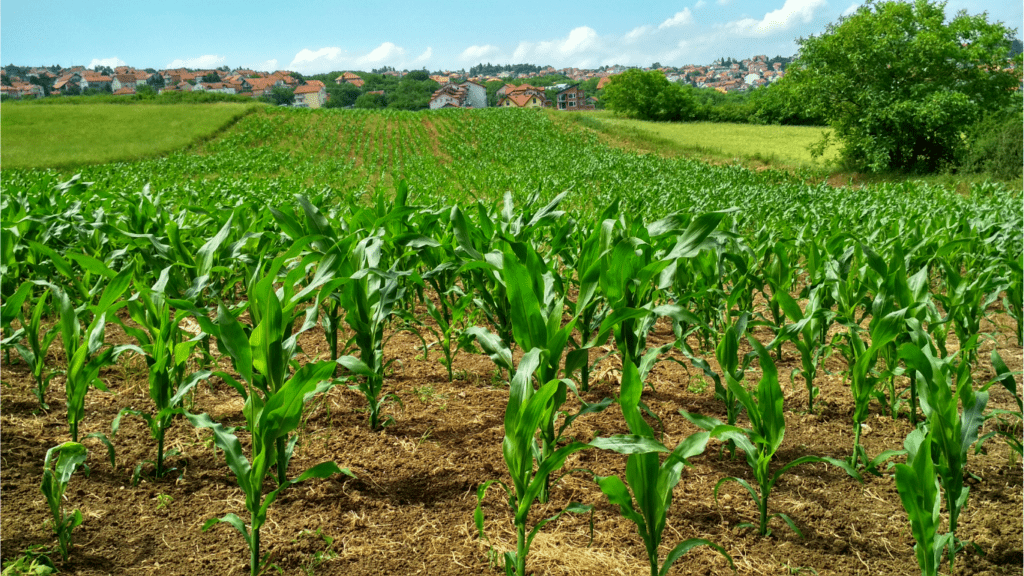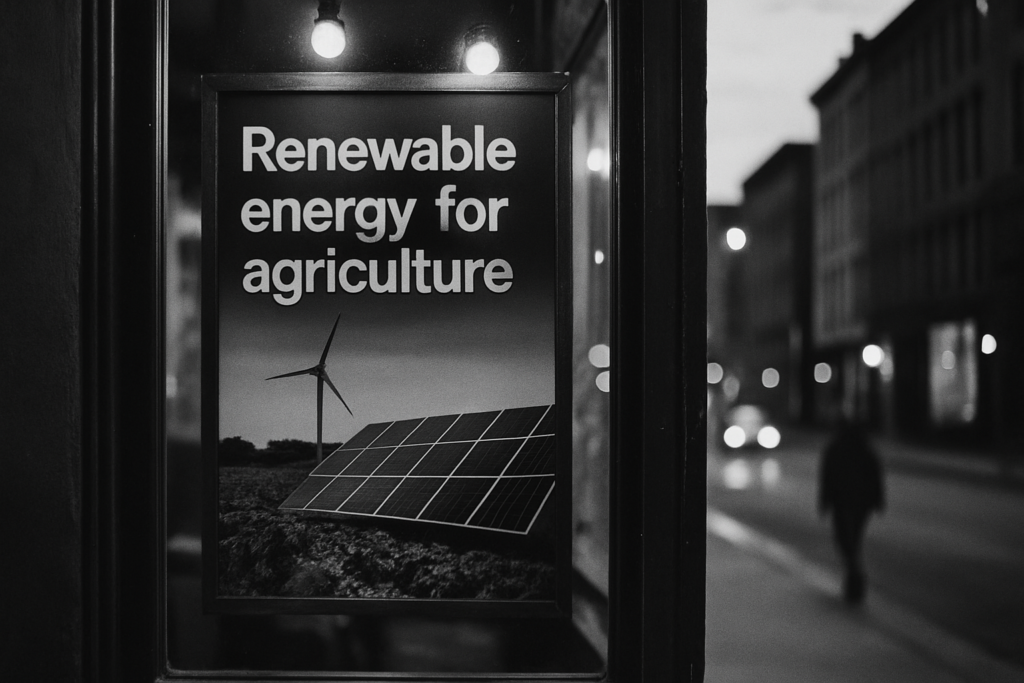Importance of Sustainable Farming
Sustainable farming isn’t just a trend; it’s a necessity for our planet’s future. It ensures long-term agricultural productivity by preserving resources, enhancing biodiversity, and minimizing environmental impacts. With global populations rising, sustainable farming methods like:
- crop rotation
- reduced pesticide use
- integrated pest management
become increasingly vital.
Traditional farming practices deplete soil nutrients and harm ecosystems. By focusing on sustainability, farmers can maintain soil health, conserve water, and reduce pollution. These practices not only protect natural habitats but also improve crop resilience, leading to better yields over time.
Sustainable farming also combats climate change. Practices such as cover cropping and agroforestry sequester carbon, reducing greenhouse gas emissions. Additionally, organic farming methods reduce dependency on fossil fuels, as they often require fewer synthetic inputs.
Economic benefits aren’t negligible. Sustainable farming can reduce costs in the long run through more efficient resource use. While initial investments may be higher, sustainable practices often result in higher profitability due to improved soil health and reduced input costs.
Government policies increasingly favor sustainable practices, providing grants, subsidies, and tax incentives. These policies support farmers in transitioning to and maintaining sustainable methods, providing significant financial relief and motivation.
Consumers are becoming more conscious of their food sources. They demand sustainable and ethically produced products, creating market opportunities for farmers who adopt these practices. Meeting this demand can lead to premium pricing, benefiting farmers financially.
Sustainable farming practices also create healthier food. Reduced pesticide use means fewer chemical residues in produce, which is a major health benefit. Healthier food leads to healthier communities, creating a positive feedback loop that benefits both farmers and consumers.
Sustainable farming is crucial from environmental, economic, and social perspectives. It offers practical solutions to many global challenges and represents a forward-thinking approach to agriculture. By investing in sustainable practices, we ensure a better future for everyone.
Government Grants and Subsidies
Government grants and subsidies play a vital role in supporting sustainable farming initiatives. They offer essential funding that helps farmers adopt eco-friendly practices.
Federal Programs
- Federal programs provide substantial financial aid for sustainable farming.
- The Environmental Quality Incentives Program (EQIP) offers cost-share funds and technical assistance for practices like water conservation and soil health improvement.
- The Conservation Stewardship Program (CSP) supports farmers in maintaining and improving existing conservation efforts.
- Additionally, the Sustainable Agriculture Research and Education (SARE) program grants funds for projects that advance sustainable practices through research and education.
State-Level Incentives
State-level incentives vary but complement federal programs by addressing local agricultural needs. For instance, California’s Healthy Soils Program provides grants to implement practices that build soil carbon and reduce greenhouse gas emissions.
In New York, the Climate Resilient Farming (CRF) program awards funds for projects that enhance farm resiliency and mitigate climate impacts. Farmers can benefit significantly when they combine these state-level incentives with federal assistance, maximizing their resources for sustainable farming practices.
Private Sector Funding

Private sector funding serves as a significant resource for sustainable farming initiatives. These funds often come from corporate sponsorships, venture capital, and other private entities interested in promoting eco-friendly agricultural practices.
Corporate Sponsorships
Many businesses, particularly those in the food and agriculture sectors, offer corporate sponsorships for sustainable farming projects.
Companies like General Mills and Unilever have established sustainability programs to support farmers adopting eco-friendly practices. These programs provide financial aid, resources, and technology to enhance farming methods that benefit the environment.
Venture Capital
Venture capital firms also invest in sustainable farming startups and technologies. Firms like AgFunder and S2G Ventures focus on funding innovations that improve agricultural efficiency and sustainability.
These investments enable startups to scale their operations, research new methods, and bring innovative solutions to market, promoting the adoption of sustainable farming practices across the industry.
Non-Profit Organizations
Non-profit organizations play a crucial role in supporting sustainable farming. They offer varied funding opportunities, from grants to technical assistance.
Environmental NGOs
Environmental NGOs contribute significantly to sustainable farming. The World Wildlife Fund (WWF) funds projects focusing on sustainable agriculture.
The Rainforest Alliance provides financial support and certification programs that incentivize eco-friendly farming practices. Environmental Defense Fund (EDF) assists farmers by promoting sustainable water and land use practices.
Philanthropic Foundations
Philanthropic foundations offer substantial resources for sustainable farming. The Bill & Melinda Gates Foundation invests heavily in agricultural innovations that improve crop yields while reducing environmental impact.
The Rockefeller Foundation supports initiatives to enhance food security through sustainable farming methods. The Walton Family Foundation funds projects aimed at reducing the environmental footprint of agricultural practices.
Crowdfunding Platforms
Crowdfunding platforms provide a unique way to finance sustainable farming projects by pooling small investments from a large number of people. These platforms have gained popularity as they bring together communities who share a commitment to eco-friendly practices.
Popular Platforms
- Popular platforms for sustainable farming crowdfunding include Kickstarter, Indiegogo, and GoFundMe.
- Kickstarter is known for supporting innovative agricultural projects like hydroponic systems.
- Indiegogo offers flexible funding, allowing farmers to access funds even if their initial goals aren’t met.
- GoFundMe caters to more personalized and community-driven campaigns, helping small farms gain support for localized sustainability initiatives.
Success Stories
Several success stories highlight the impact of crowdfunding on sustainable farming. For instance, a project on Kickstarter funded the development of an eco-friendly pest management system, attracting over $100,000 from backers.
On Indiegogo, a vertical farming initiative raised $150,000, enabling the farm to expand its operations and reduce its carbon footprint. GoFundMe campaigns have helped small organic farms raise $50,000 for soil health improvements and community-supported agriculture programs.
Financial Institutions
Financial institutions are instrumental in providing the funding necessary for sustainable farming. These institutions offer specialized products and services designed to support eco-friendly agricultural practices.
Green Loans
Green loans cater specifically to projects that benefit the environment. I consider them essential for farmers who need to invest in energy-efficient equipment, renewable energy sources, or organic farming methods.
For example, the USDA offers loans for solar panel installation, which helps reduce electricity costs and carbon footprint. Banks like Bank of America and Wells Fargo also provide green financing options, often with favorable terms for sustainability-focused ventures.
Agricultural Banks
Agricultural banks specialize in financing various farming activities, including sustainable farming practices. These banks have a deep understanding of the agricultural sector and offer tailored financial products to meet the needs of eco-friendly farmers.
Rabobank, for instance, prioritizes sustainability in its lending criteria. They offer loans that support organic farming, precision agriculture, and soil conservation projects.
Similarly, Farm Credit offers a range of financing options for sustainable agriculture, including loans for water-saving irrigation systems and soil health initiatives.



